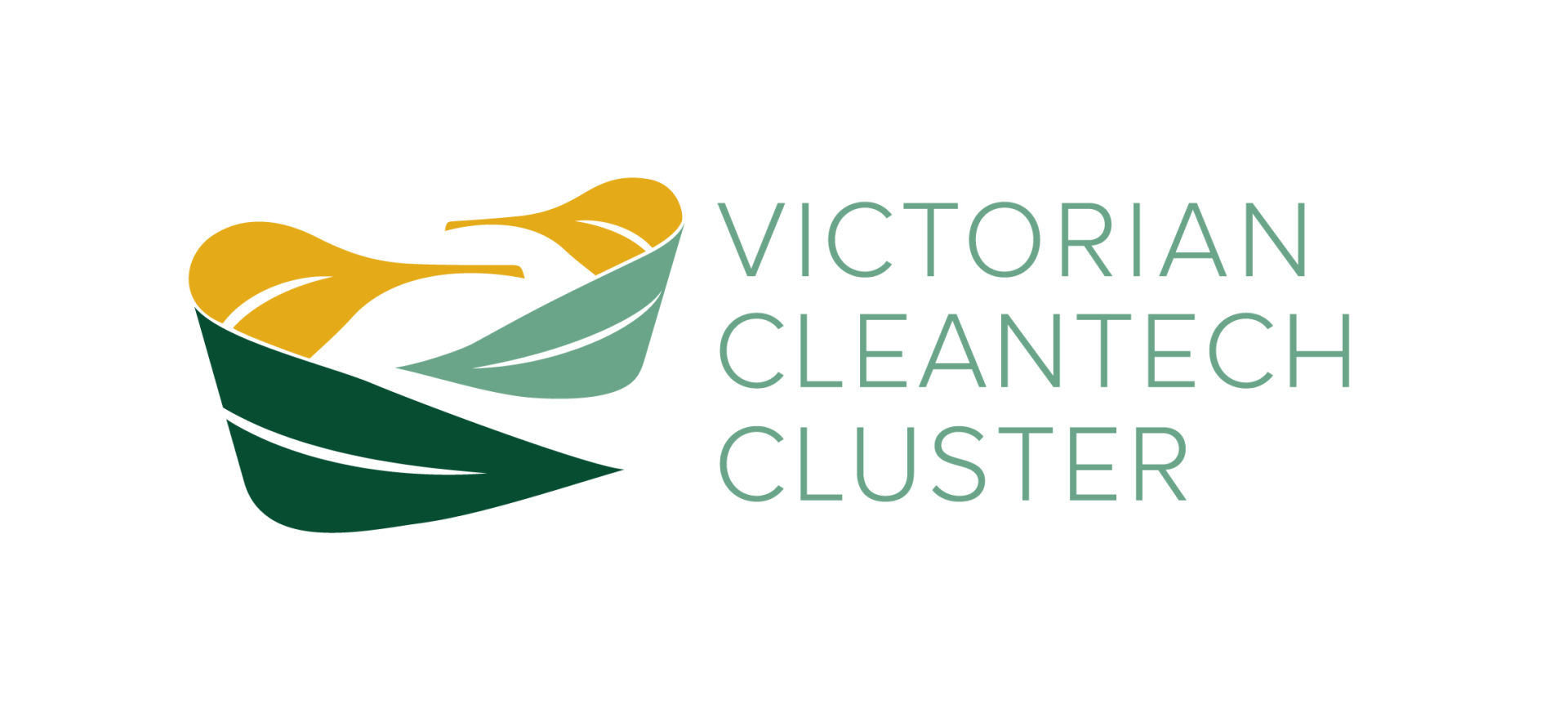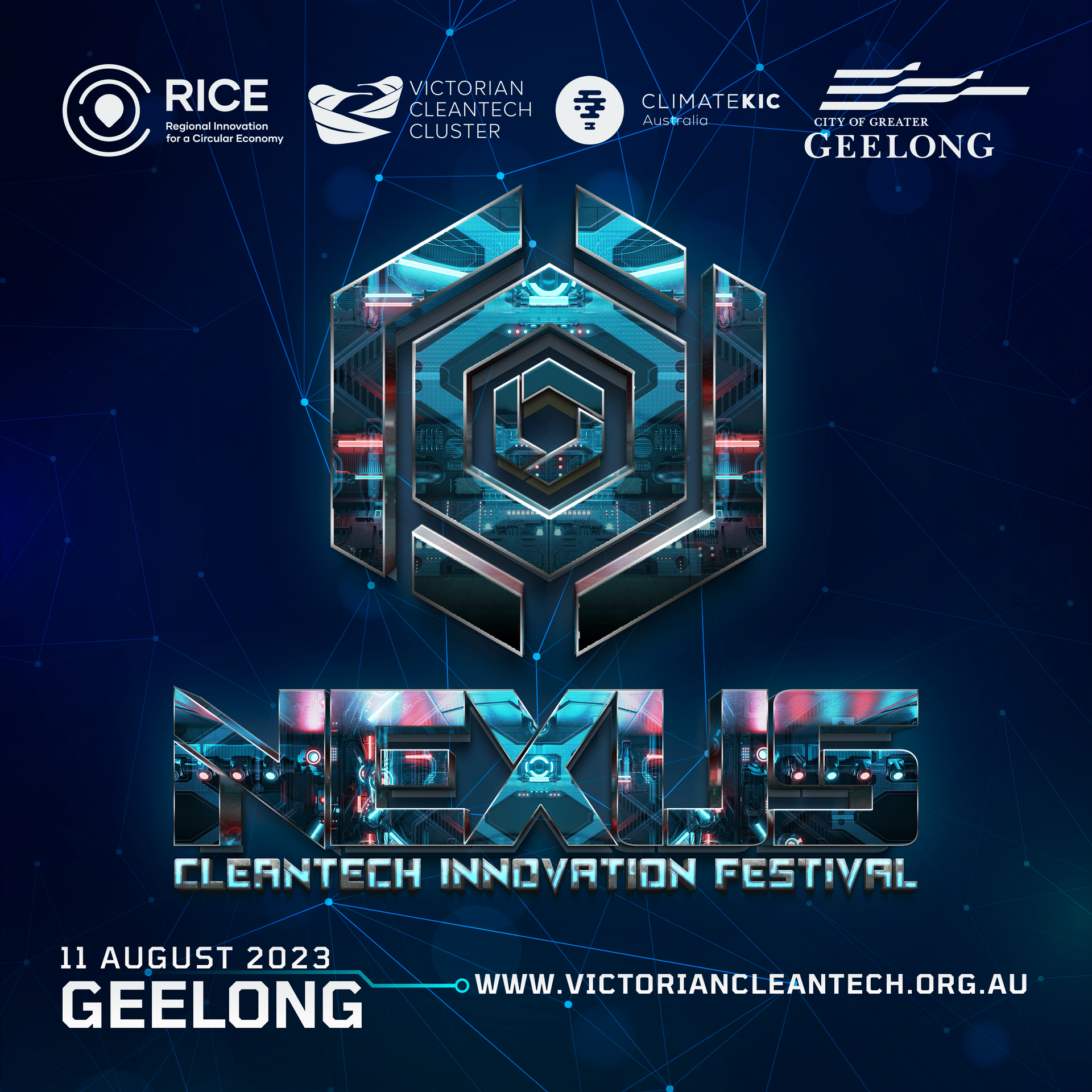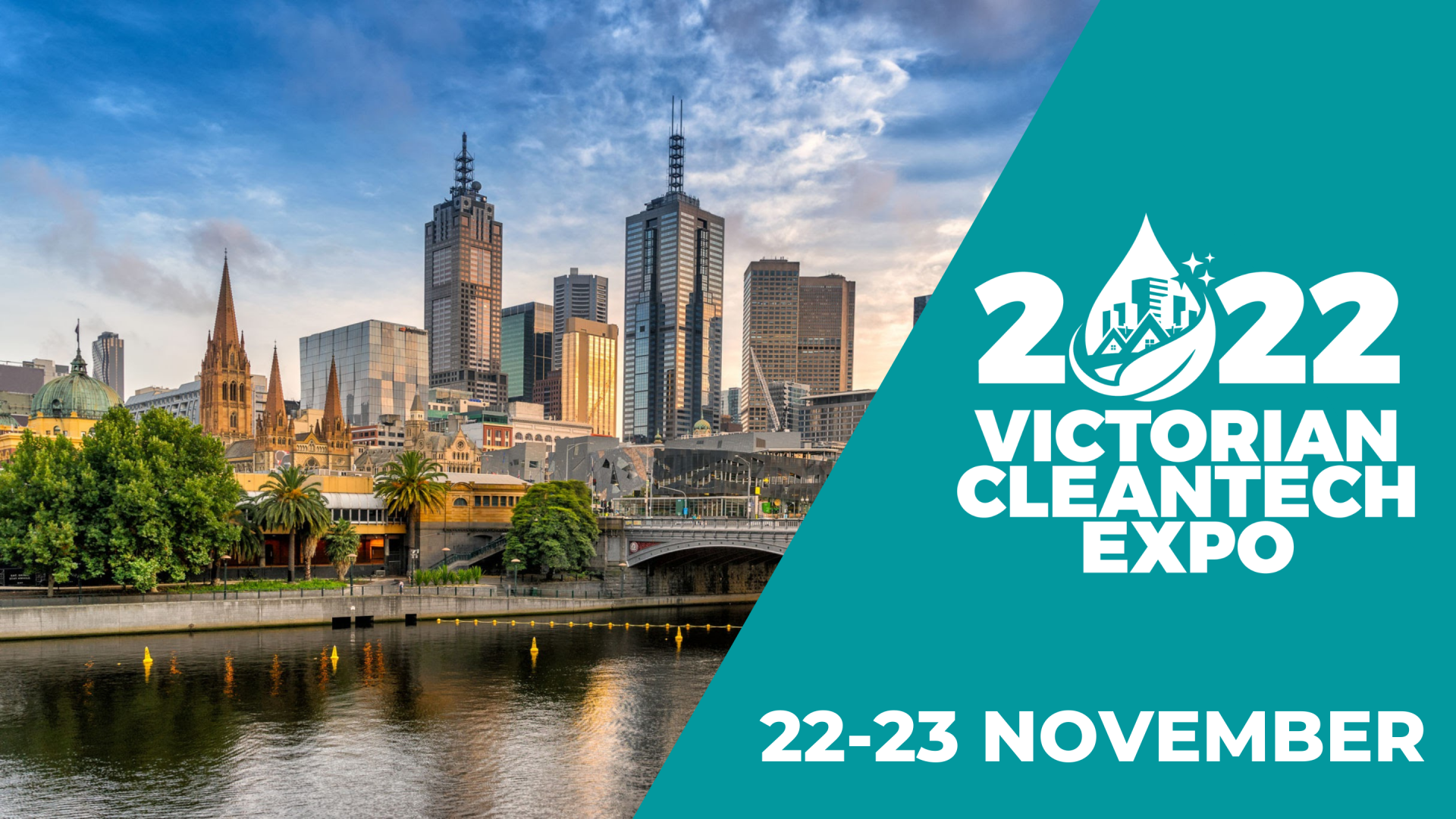News & Insights
Member Spotlight - ASPIRE: Creating Opportunities from Waste
The concept of a circular economy is founded on creating opportunities from waste. This only works if there’s a way of connecting people to create these opportunities, which is the exact mission of VCC founding member ASPIRE.
The Advisory System for Process Innovation and Resource Exchange (ASPIRE) platform is an innovative match-making service that brings together remanufacturers, purchasers and recyclers. Originally developed by CSIRO and Data61, this service responded to a growing number of manufacturing companies talking to their local councils about waste disposal costs. The platform addresses the root cause of these concerns by helping businesses and councils to generate revenue from excess resources that would otherwise end up in landfill.
When an expression of interest for commercialising ASPIRE opened in late 2018, it was the perfect opportunity for Cameron McKenzie. Having worked in the construction industry for 20 years, Cameron described himself as baffled by the irresponsible way that many companies and individuals deal with their waste. He later moved into helping small businesses with risk and litigation, where a lot of his work focussed on supply and value chains. “One of the things that I really enjoyed was putting businesses in touch together to solve problems”, Cameron explains. “When ASPIRE came across my desk it was exactly that, but in a digital solution.”
ASPIRE transitioned into commercial operation in 2019 and won the Australian Technologies Competition in the same year. In March 2020, the new ASPIRE platform was launched. More than passively listing buyers and sellers of recycling and reuse opportunities, this platform actively suggests business-to-business collaborations. “ASPIRE’s not passive”, Cameron emphasises, “we create markets around supply and demand of resources that might not necessarily have markets around them.” This is achieved in part by making it compulsory for businesses to nominate material that they want to acquire from the platform, rather than using it solely to offload their own waste.
They’ve had some successful stories so far. In the City of Kingston, A-Tech Recyclers now have an e-waste recycling partnership with the council. Some of the council’s own waste is now diverted and turned into innovative building materials by Casafico and local company Enigmaclean have reduced their waste to landfill by 75% through both reuse and recycling. The City of Greater Dandenong has partnered with Corex and Smart Recycling to tackle plastic and timber waste respectively. Hume City Council is now home to a great example of industrial symbiosis with Rotometrics chemical waste being used by Global Waste Management for wastewater treatment. Hume have also partnered with Close the Loop to use a new compactor to facilitate expanded polystyrene recycling. In the City of Bayswater, Aximill are taking USG Boral’s plasterboard and McDonald’s coffee grounds to make compostable kitty litter. In a business-to-business collaboration, AB Mauri Yeast are sending their food waste to EarthPower as a feedstock for bioenergy and to NSW farmers as feed supplements. These examples all highlight the power of circular thinking and the importance of bringing different stakeholders together to create new opportunities.
One of Cameron’s favourite success stories involves a business that was importing a material from a construction site overseas. There were big delays and a lot of problems with this supply chain, so they came to ASPIRE for a solution. “We literally found someone who was across the road throwing out that exact product,” Cameron revealed. One stakeholder was paying a lot for disposal and the other for procurement, so opening this local network created shared value. The relationship is ongoing and they’re now working together on other items to support each other’s businesses.
ASPIRE’s work isn’t without its challenges and similar platforms have either collapsed or stagnated. Having researched other examples, Cameron identified that these systems were predominantly commission-based. In contrast, ASPIRE has opted for a subscription service that enables them to focus on best serving their customers’ needs. The challenge is convincing businesses to move away from the status quo, particularly if they can’t see a short term financial incentive. Cameron says that ultimately it’s about behaviour change and building relationships that focus on what you can do rather than what you can’t: “We look at it more as an economic value add to the business, rather than dealing with waste.”
Despite the challenges of 2020, ASPIRE has successfully expanded from Victoria into both Tasmania and Queensland. They started the year with around 400 businesses and now they have over 650 subscribers to the service. “ASPIRE’s built on relationships; we’re a relationships platform,” Cameron says. This encouraged ASPIRE to become a founding member of VCC so that they could build better relationships and networks here in Victoria. That’s how they found out about the Australian Technologies Competition, which ASPIRE won in 2019. Cameron says that really put ASPIRE on the world stage, and they immediately saw connections on their website from across Europe, the US and Asia.
With regard to the future of clean technology, Cameron is optimistic. “Due to COVID, I think everyone in the world now has got more of a sustainable mindset,” Cameron observes, “you’ve just got to get people to keep looking at it.” ASPIRE are committed to doing as much as they can locally, but the team is excited to be launching a pilot in Hong Kong in the new year.
Find out more on ASPIRE's website.
Other News & Updates




